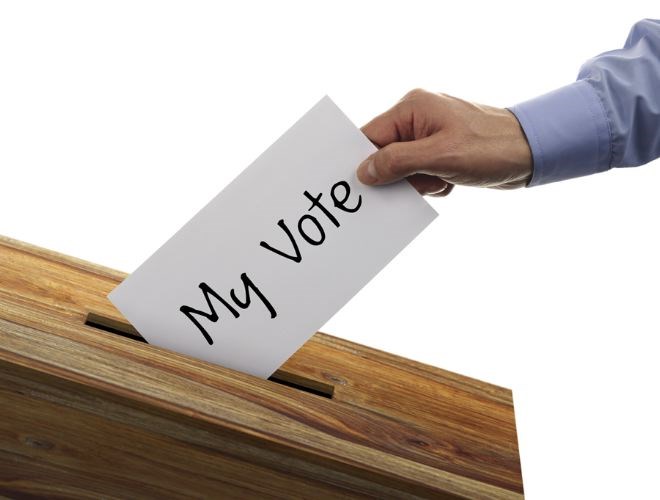It is good to know the premier is concerned about our summertime barbecue conversations.
Instead of having people engaged in meaningful discussions on electoral reform and what system we will use to elect our representatives, we will have the summer to discuss more important things - such as why Canada can't seem to qualify for the World Cup.
We still don't know the proportional representation question we will be asked this November. Are we voting for an alternative system? Are we putting in place a committee to suggest an alternative to first-past-the-post? Will it be a clear choice between our present model and some other form? And if so, who gets to decide what the alternative is?
So many questions because we still have no idea what the mail-in ballot will be.
In the meantime, both sides of the debate are trying to drum up enthusiasm for the discussion. It takes a long time for political will to evolve. Leaving the question to the fall likely means the ballot will have a very low participation rate and only those who are truly passionate will vote.
This will likely mean we will have some form of proportional representation in elections after 2021. I suspect few people are passionate about keeping the status quo while a lot of people are passionate about changing the system. I also suspect the vast majority simply don't see the difference.
Which brings me to a point I will keep making - how will things be different if we use proportional representation? Or more accurately, how will it improve the fundamental character of our representational democracy?
I have seen lots of comments to the effect "everyone's vote will count." Well, it has been asserted over and over again - even by the Supreme Court of Canada - each and every one of our votes counts. Our vote serves to elect our representative period. Sometimes the person elected is someone you voted for. Sometimes it isn't. But every vote counts.
Others have commented "politicians will be more mindful of the electorate under proportional representation." I am not sure how anyone can believe this. Indeed, with much larger ridings and more people involved, it is doubtful anyone elected will feel they have a greater responsibility to the electorate. Individual voters will simply get lost in the numbers.
Consider a likely scenario as an example. Let's say we go with a "list proportional representation" and see what it would look like. Northern British Columbia is presently composed of eight ridings according to Elections B.C. (Peace River North and South, Prince George Mackenzie and Valemont, Nechako Lakes, North Coast, Skeena, and Stikine). We have a total population of slightly over one quarter million or about 5.8 per cent of the population of B.C. while covering a third of the province.
If the seats are apportioned by population - which is what should happen under any form of proportional representation - there will be five MLAs instead of eight. And if voting patterns stay the same, then the B.C. Liberals will have 55.6 per cent of the vote, the NDP 32.4 per cent, the Green Party 6.0 per cent, and others 5.9 per cent.
We have five seats to divvy up and these numbers would likely give the BC Liberals three and the NDP 1.6 which would be rounded to two. The Green Party and any others would be shut out. Using the logic of those in favour of proportional representation, their votes didn't count.
Indeed, the only thing such a system would do is to shift the B.C. Liberals from six to three seats. Nothing much else would change.
These five elected MLAs, though, would have to represent an area stretch from Atlin to Hixon and from Valemount to Massett. The latter is a 1,311 kilometre trip involving a serious ferry ride. How could anyone effectively present the views of people as diverse as those living in the Peace and on Haida Gwaii? How could anyone even come close to addressing the concerns of the electorate across such a large region?
I might not always agree with my local MLA but at least I know who they are and have a reasonable chance of making my views known. With such a system, you would have three Liberal MLAs and two NDP MLAs trying to do the best they can for an area the size of France. How would this provide for better representation in the Legislature?
And that is what this should all be about. Electoral reform is not a bad thing or something we should avoid provided it results in better representation. We live in a representational democracy in which we abdicate our right to directly participate in governance to a singular individual. Under proportional representation, even that vestige of connection with governance will be gone as our elected MLAs will lose touch with those they represent.



